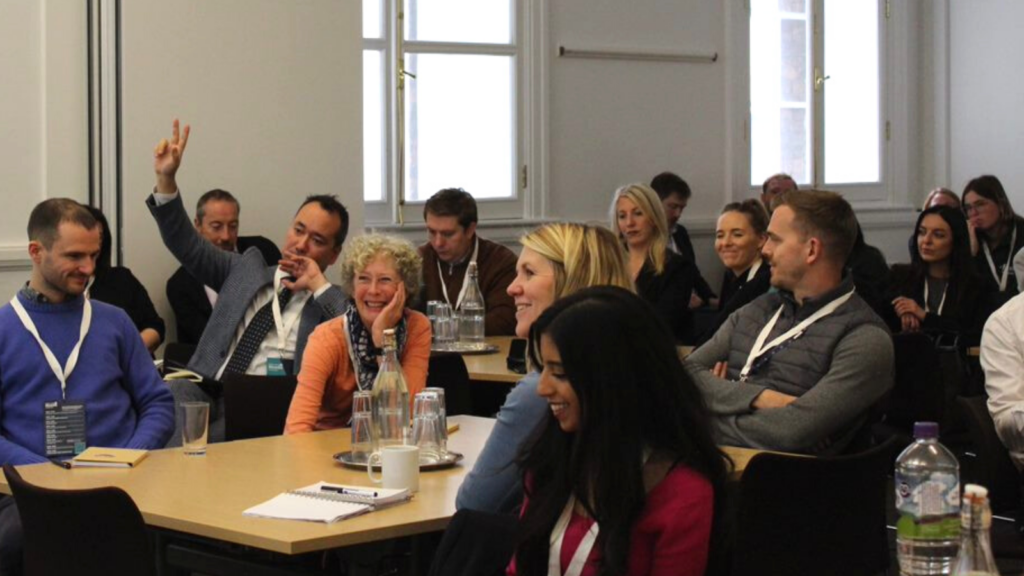How do companies act?
How Do Companies Act?
What We Need to Change
The time for change is now.
Are the basic accounting principles that have developed over hundreds of years still fit for purpose? The principles upon which accounting and reporting are based have a massive influence on the world we live in, on relative prices and on investment flows. The relationships are becoming ever more critical between business and society, and between financial markets and inequality. We believe that we should be having a wider discussion on the nature of accounting principles. They are a public good and have been socially constructed but they are not generally considered when we think about solutions to global challenges.
The Companies Act 2006 provides the structure around the environment in which businesses operate, and we believe by changing the wording in various sections, we can create a more rigorous environment in which businesses operate, and will allow us as investors, even in our own pensions, to have more power over what our money is invested in, and increase our buying power.

Why are we doing this now?
We’re running out of time. This campaign is aiming high because we have no other option. Time is running out, we’re in an environmental and social crisis, and action is needed now. We don’t have the time to slowly push for change, we must demand it, and demand it happens now.
What’s our goal?
With our How Do Companies Act campaign, we aim to update the Companies Act 2006 to ensure that environmental and societal impact is properly accounted for in financial accounting and so that the principles of accounting match up to the modern customer and investor.
The end goal of this campaign is to change the wording in the Companies Act 2006, s.396 which states that it requires a company’s accounts to ‘give a true and fair view of the state of affairs…[and] of the profit and loss of the company’. This campaign proposes that the true and fair view is defined within the Act to include information on the social and environmental impact of the enterprise. This would then be consistent with corporate governance review and the requirement of s.172 for directors to show how they have complied. This, too, needs updating with regard to the Corporate Governance Code.
However, currently under s.172, directors must only ‘have regard’ to the impact of the company’s operations on the community and environment [s.172(1)(e)]. This wording is not strong enough, as it is ambiguous to what consists having ‘regard’. It is entirely possible that this constitutes an informal, unbinding conversation. Social Value UK support initiatives to strengthen requirements here.
Furthermore, directors only owe responsibilities to a company under s.178(2), meaning that only the company can take legal action against a director for failing to meet their duties. This is a classic single-agent issue- ‘without the change to the Companies Act to ensure that the company as an agent of investors also takes account of the issues in s.172, investors will not be able to hold companies and therefore directors to account.
Read more in our Policy Position here.
Who’s involved?
So far, we’re working with Social Enterprise Mark CIC and Social Enterprise UK, as well as consulting with other bodies, members and figures.
How do I get involved?
- Pledge your support by signing our open letter to UK political leaders. This letter has been drafted by Social Value UK in collaboration with Social Enterprise UK and Social Enterprise Mark CIC, with support from a range of partners and members representing business, social enterprise and charity sector.
- Be a Campaign Partner. Contact our Advocacy Lead matthew.mckew@socialvalueuk.org to discuss further.
- Donate to our crowdfunding. Coming soon.
FAQs
Yes, we’re not alone in aiming for this goal. It’s a lofty goal, but in the times we live in, we have to aim high and push for change now.
Not yet, but these are initiatives pushing for close change:
We’re aiming to change section 396 of the Companies Act 2006, as well as section 172 and section 178.
Our research has shown that the public are ready for change, and as stated above, we are working with organisations such as Social Enterprise UK and Social Enterprise Mark CIC.
